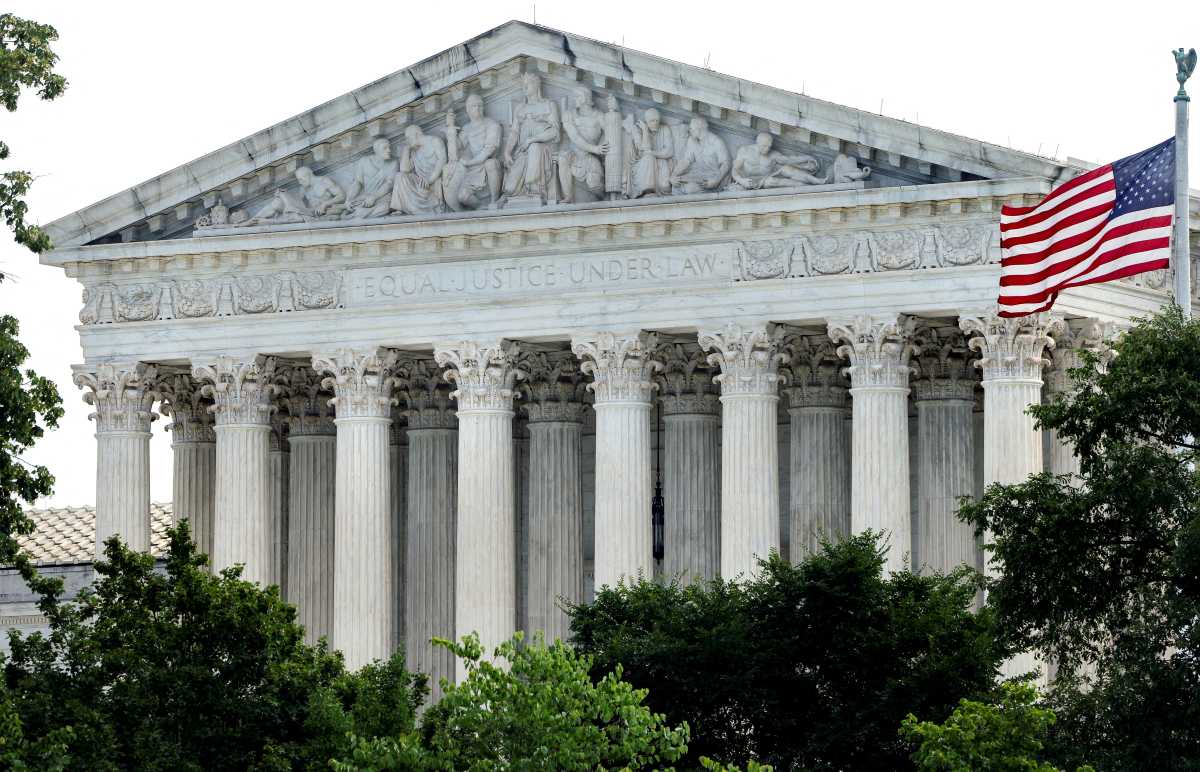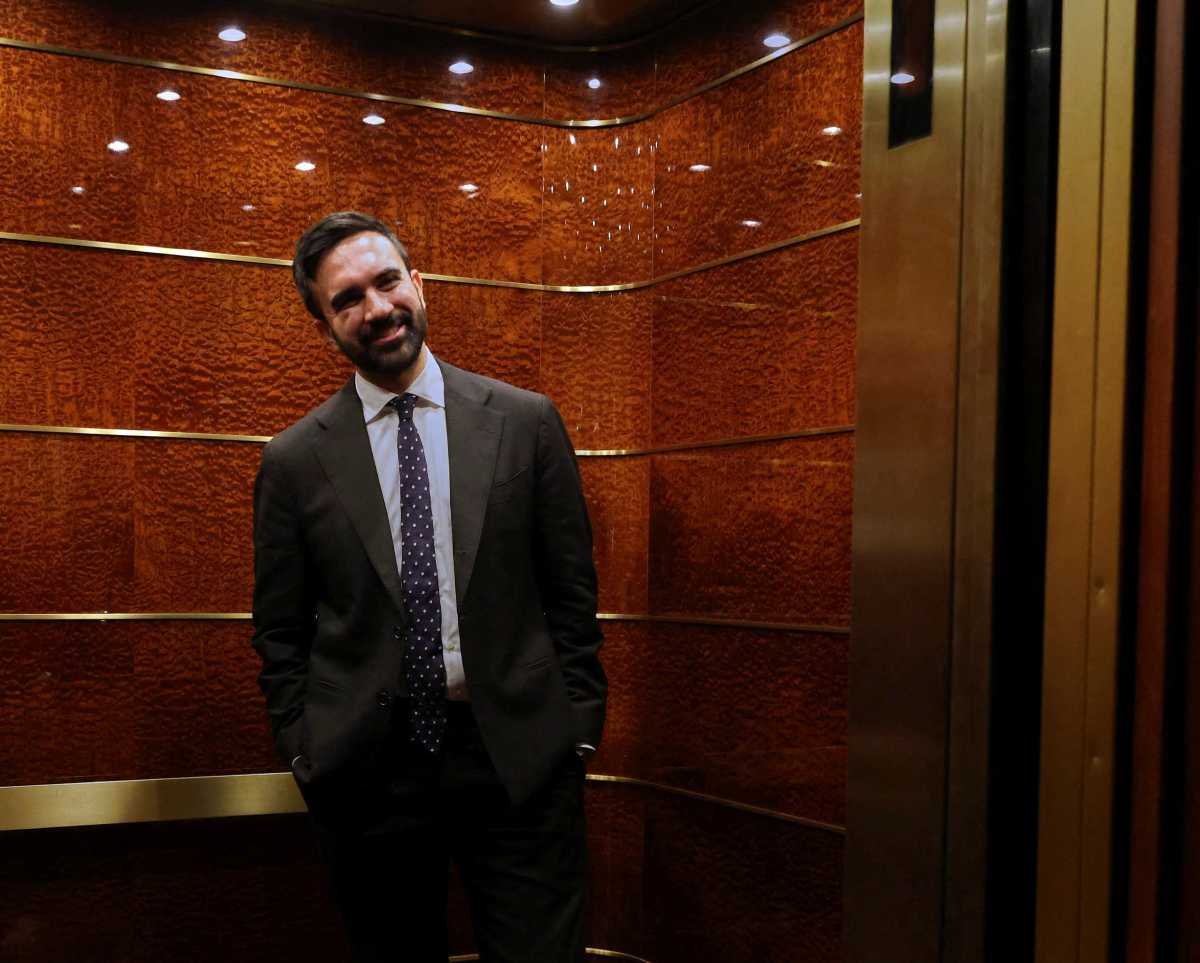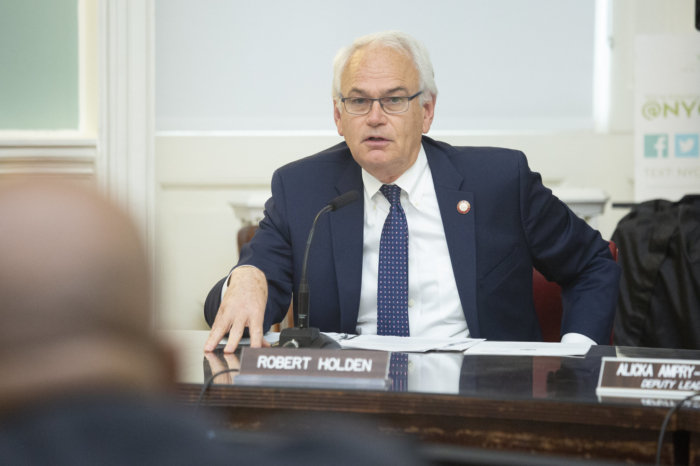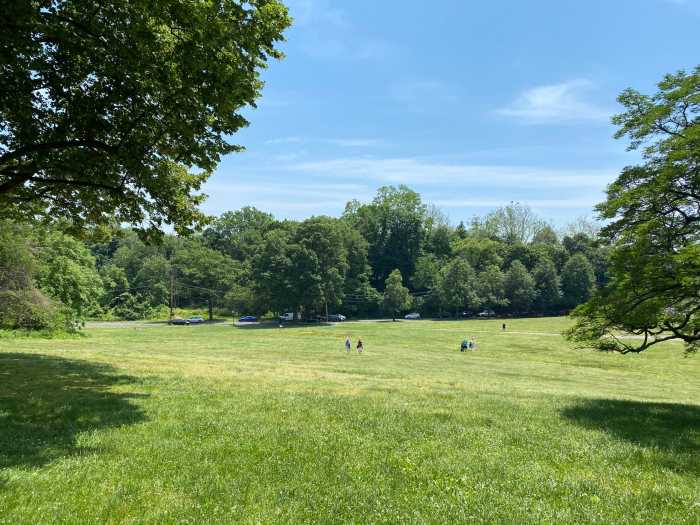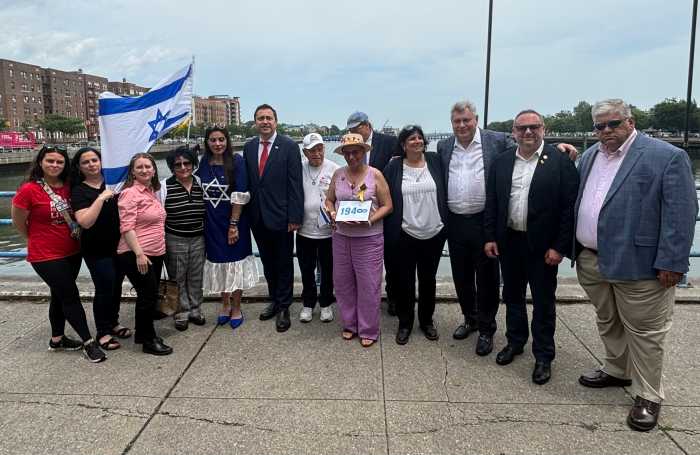Thursday night, France was struck by yet another attack, the third large-scale strike in the past year and a half.
This one involved not bombs or guns alone as in Paris last fall, with attacks on a music hall, stadium and other sites; or the one before that, in the offices of the satirical magazine Charlie Hebdo.
Instead, a truck plowed through scores of people celebrating Bastille Day on a beachfront promenade in Nice, zig-zagging to hit more people, the driver ultimately exiting and then firing a gun, according to witnesses. The truck was filled with weapons and grenades, according to French officials.
The motivation of the killer was not immediately clear, and many details remain unclear, but once again body bags littered a once peaceful street. A little girl’s doll lay next to her body.
A vague fear
Attacks on this scale have occurred in Bangladesh, Saudi Arabia and Iraq in recent weeks, to muted outrage here at home and less saturation coverage. Those attacks, often sectarian in nature, are different from attacks carried out here or inspired from afar. Still, they come from the same source and stopping attacks in both places requires focusing on both.
Yet here is another attack, and once again we will argue about adequate responses; about what is to be gained from calling something radical Islam if, indeed, terror motivations are confirmed; about the differences between countries like France and the United States, more insulated by distance and circumstance. None of which will help the victims of this attack.
The relatively different means of killing, more common among recent ISIS channels, tugs at new fears, perhaps even more than deaths due solely to bombs or guns. Those weapons take plans, and can be disrupted by intelligence actions, even policies. How do you stop a car? How do you avoid a crowd?
Feeding into that fear unsurprisingly was presumptive Republican presidential nominee Donald Trump, who quickly tweeted about the attack. After describing it, he wrote “When will we learn? It is only getting worse.”
Democratic presidential hopeful Hillary Clinton was quickly vocal, too, calling in to Fox News, for example, to speak about an intelligence surge to combat terrorism. Talk shows and social media platforms were forced once again to accommodate the complexity of international affairs and swiftly changing events.
Going forward
There is an undeniable desire to do something, which the Trump statement, ill-considered and alarmist as it was, represents. And since neither Trump nor anyone else knows how to prevent terrorism wholly and immediately, the vagueness slips through.
Naturally, we know already the things we shouldn’t do: Use an attack as an excuse to demonize whole populations and deal in generalities, which only embolden attackers of any stripe.
Search for action for action’s sake and end up pulling ourselves further into a deepening web of violence.
Close our borders and hearts, and ignore the effects of terrorism, here and in other places that get less attention when attacks occur.
French President Francois Hollande extended the state of emergency which had been nearing an end as the Paris attacks receded. So the emergency continues.
This is amExpress, the conversation starter for New Yorkers. Subscribe at amny.com/amexpress.










